Oil money undermines academic autonomy (opinion)
Inside Higher Ed
OCTOBER 19, 2022
But if top universities genuinely want to lead, a key roadblock remains: around the nation and the world, leading institutions are structurally unprepared for the fossil fuel industry’s assault on the interests and values of academia. Academia is founded on the premise of truth seeking. Real disclosure is a start.



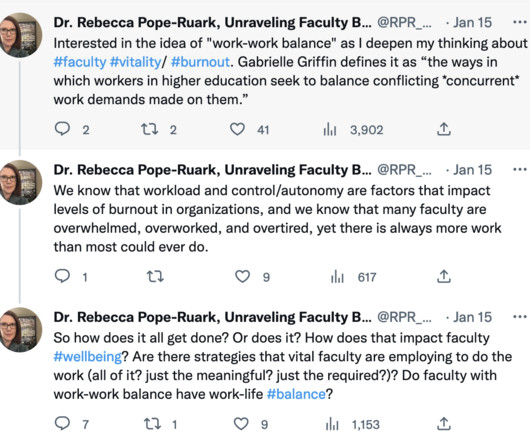
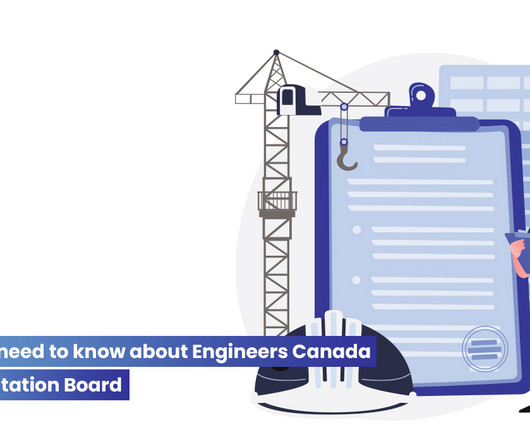




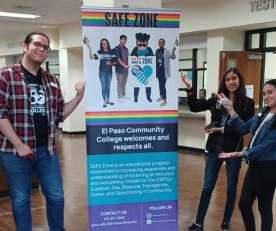
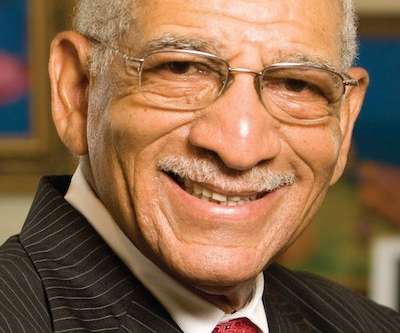
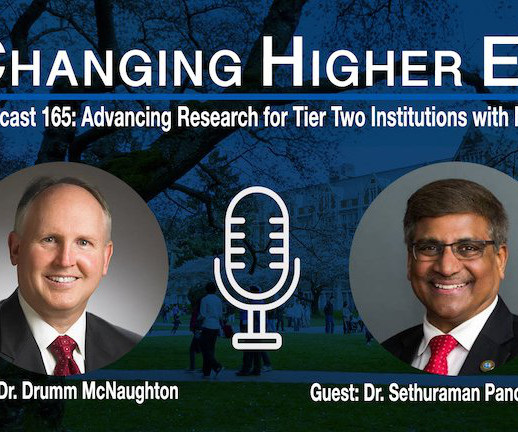







Let's personalize your content